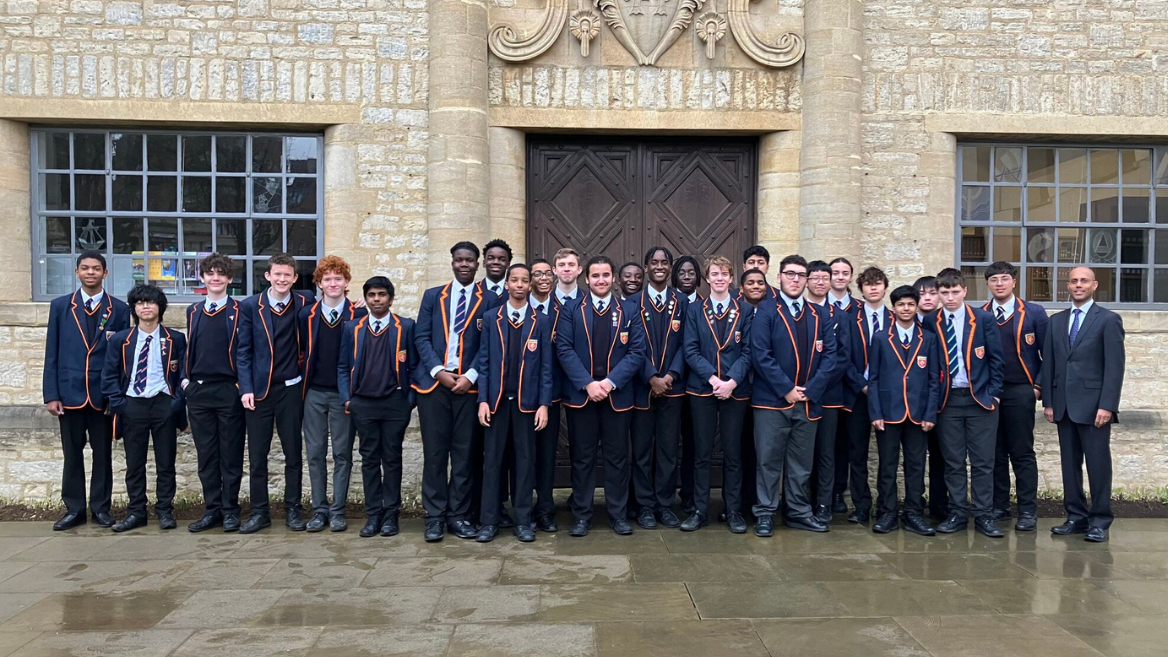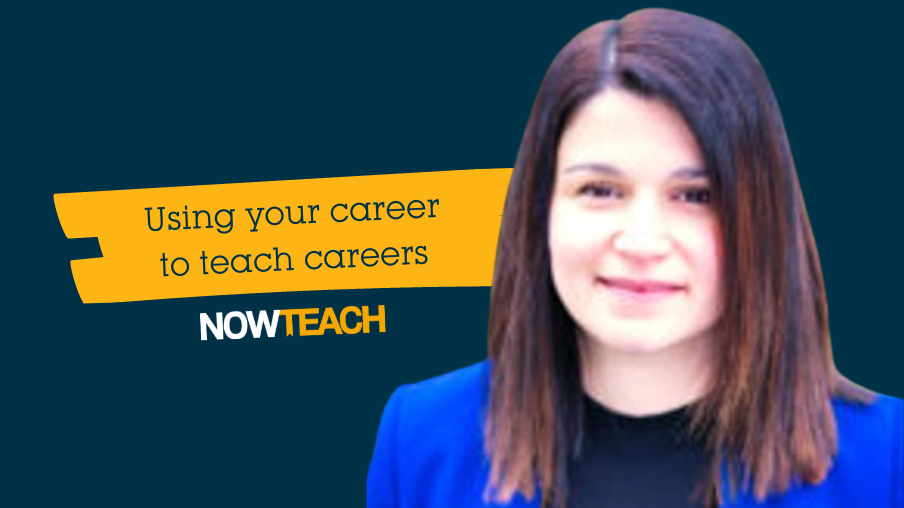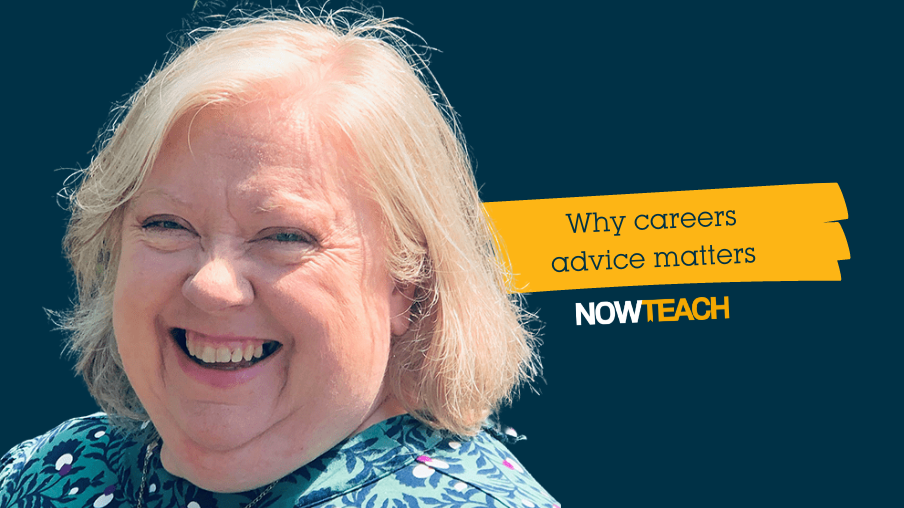Khasruz Zaman was born in Bangladesh and came to the UK as a child. He attended a comprehensive school in Birmingham before going on to study law at university – becoming a partner in a City law firm.
In 2018, Khasruz decided to change career with Now Teach, and is now a maths teacher at a Harris secondary academies in South London.
“A career path like mine is far too rare for those from less privileged backgrounds. I want to help change that.”
So, five years on, how is Khasruz making a difference to his students and their careers education?
---
Nurturing top talent
My role has gradually evolved since I first qualified. My initial focus was on establishing myself as a classroom teacher.
Over time I have sought to build on that by taking on additional responsibilities with a view to using my experience to have the greatest impact on students and to try to “bridge the gap” between the world of work and education.
As well as teaching maths, I have taken on additional responsibility for careers and devising and implementing our school’s Top Talent Programme. I want to unlock the full potential of students from all backgrounds by establishing a culture of success across the school.
The three key elements of our Top Talent Programme are:
- Culture of Success: We focus on celebrating achievements and making ourselves as teachers accountable for helping students get top grades. We invite successful people from diverse backgrounds, including former students, to share their stories and inspire students. We even had our first Oxbridge entrant come and work as a teaching assistant for a while!
- Autonomy and Responsibility: We teach students in a way that encourages independent learning, so they develop attitudes and habits that will help them to succeed beyond school. We also seek to develop their sense of autonomy and responsibility by giving them scope to choose what they work on and when to ask for help.
- Opportunities and Experiences: We take students on visits to top universities (including Oxford and Cambridge), employers (including major City law firms and financial institutions, etc.) and cultural sites (museums, galleries and theatres). This is to show students what they can aim for. I also encourage other teachers to use their contacts to bring other professionals to deliver assemblies and workshops.
Building bridges with students
I think I can be most useful through the informal chats in the corridors – and by giving time to the students who regularly pop in to see me at lunchtimes or at the end of the school day.
That’s how I can persuade them to aim for the top jobs and careers and show them there are so many people – in education and in the world of work – who want to help them on that journey.
"I’ve always been really open with students that I’ve changed career – I want to motivate students by sharing my career story: that you can still get a top job regardless of your background and where you started in life."
This helps me to develop a different relationship with students and it also gives me credibility when I give them advice on the steps they need to take to prepare for success.
From the curriculum to a career
Helping students to be “career-ready" isn’t just about ensuring that they have a clear idea of what job they want to do and know how to get there. It’s also about developing all the other skills – communication, critical thinking, collaboration, creativity, etc. – that they will need to succeed in the world of work.
So, I’m not just trying to teach maths – I’m also trying to develop these other skills too. For example, I always expect students to express themselves clearly and accurately using correct English because that’s what an employer in a top job will expect.
Similarly, our school has an effective behaviour policy that sets out very clearly how students should conduct themselves in the classroom, including routines that teachers should use to create a great learning environment.
However, I seek to go beyond these routines by, for example, explaining to students that instead of waiting for me to count down from three, I expect them to stop and listen to me when I say something as simple as ‘Thank you!’.
"In the world of work, no one is going to give you a countdown before they start talking to you. I want them to start learning that whilst they are still in school."
High expectations
There are no magic bullets in education – it requires huge commitment and dedication, but the biggest difference I have seen is when you have high expectations of students.
This means genuinely believing that students – including those from the most disadvantaged backgrounds – can go on to reach the top; and that as a teacher you will do everything possible to help them on that journey.
"I chose to become a teacher to help young people from all backgrounds have a more equal chance to succeed in life and to help them reach their full potential."
I feel incredibly privileged to be part of a profession where so many others are dedicated to the same cause.
---
Your experience is valuable and will make a difference to the lives of young people. Register and we'll talk you through the rest.




